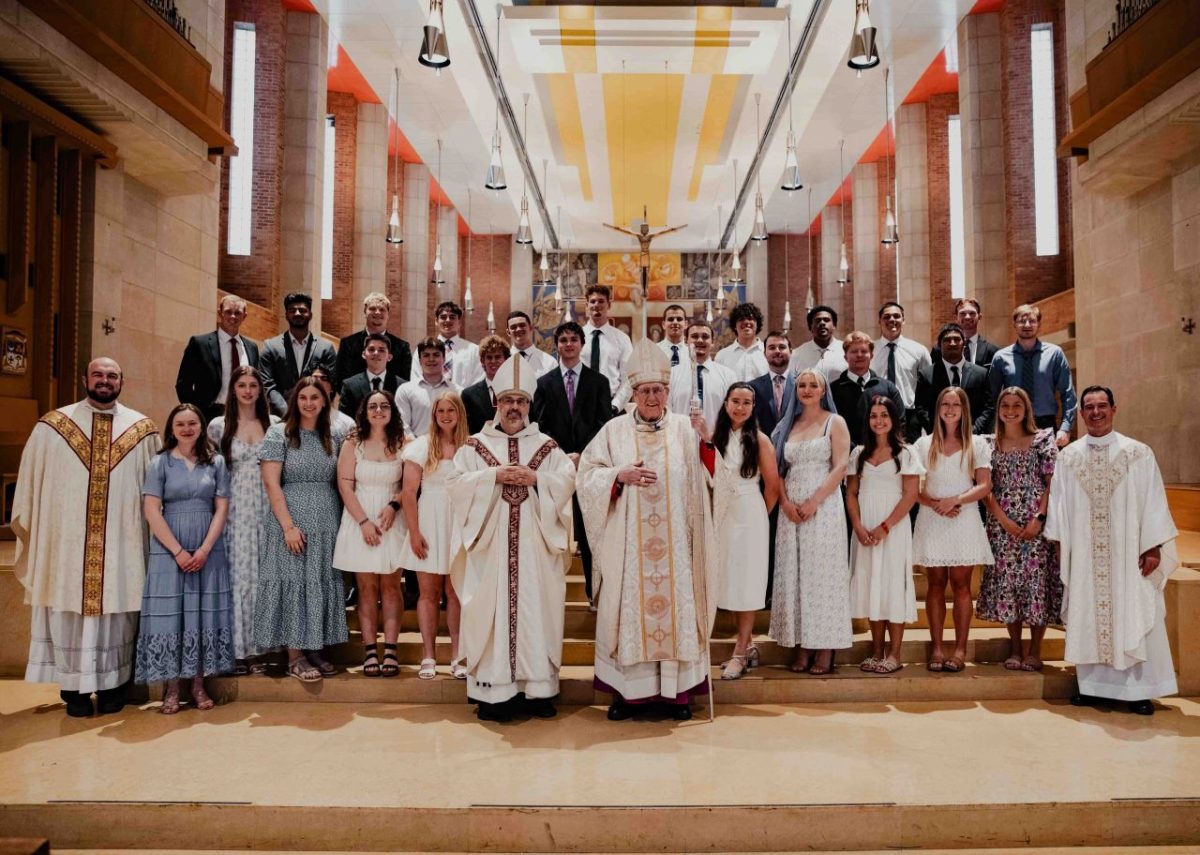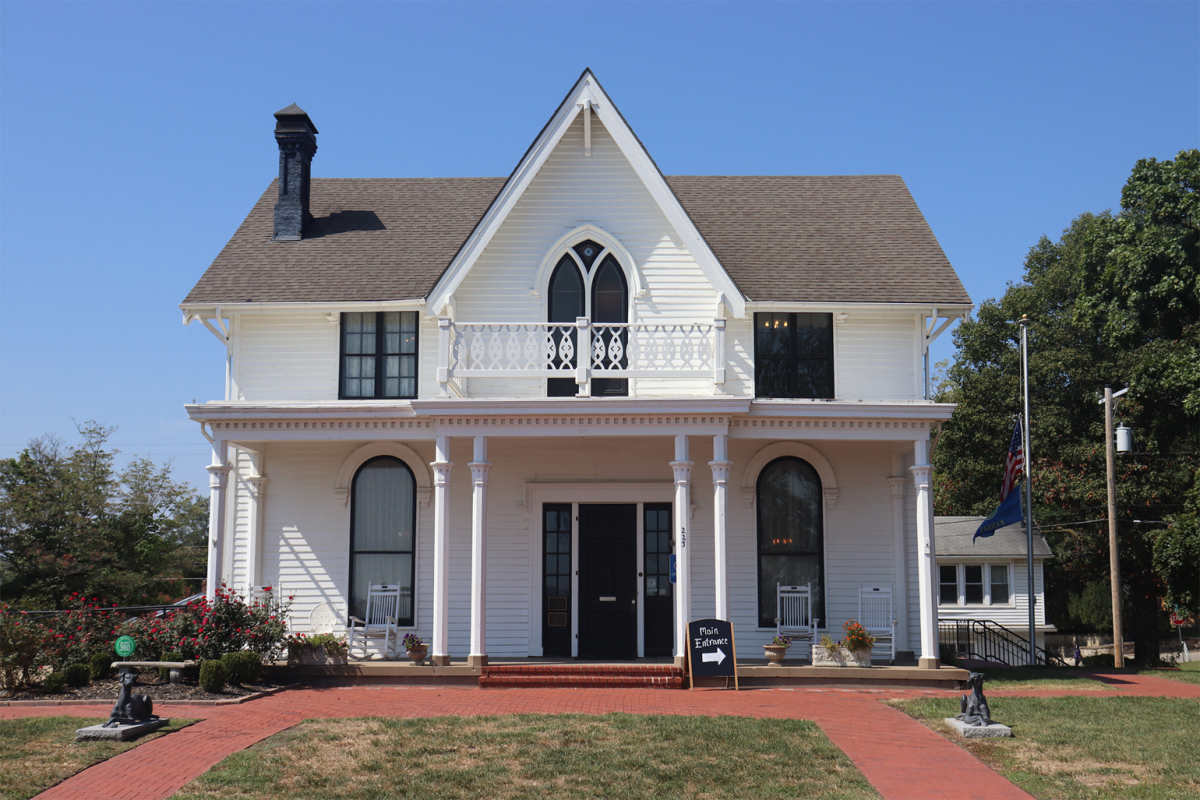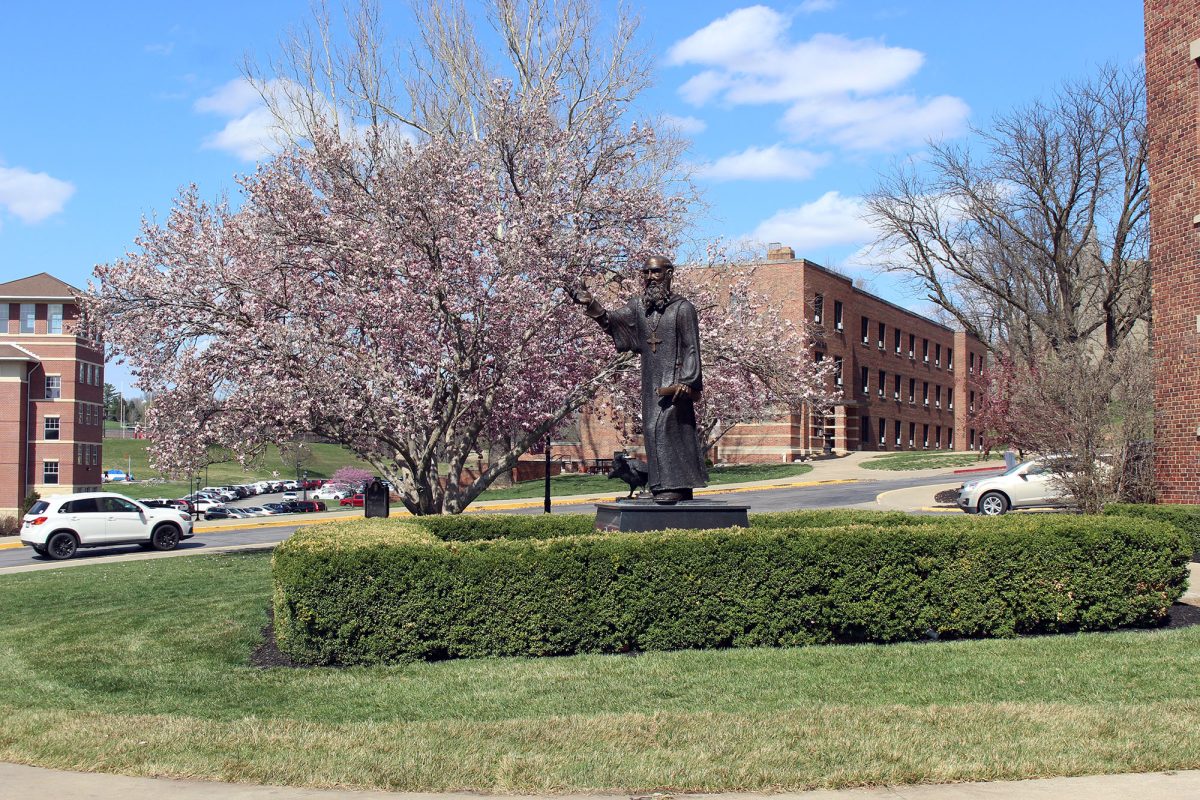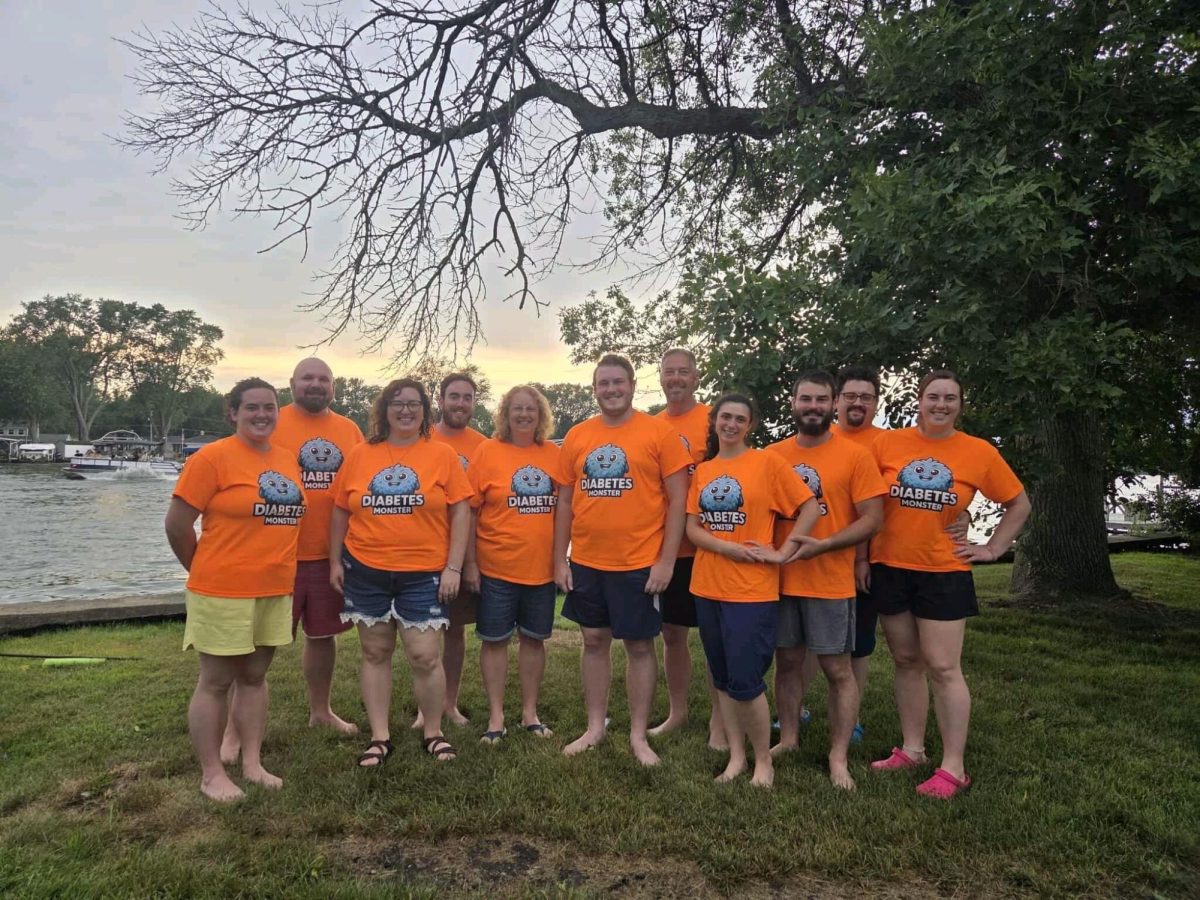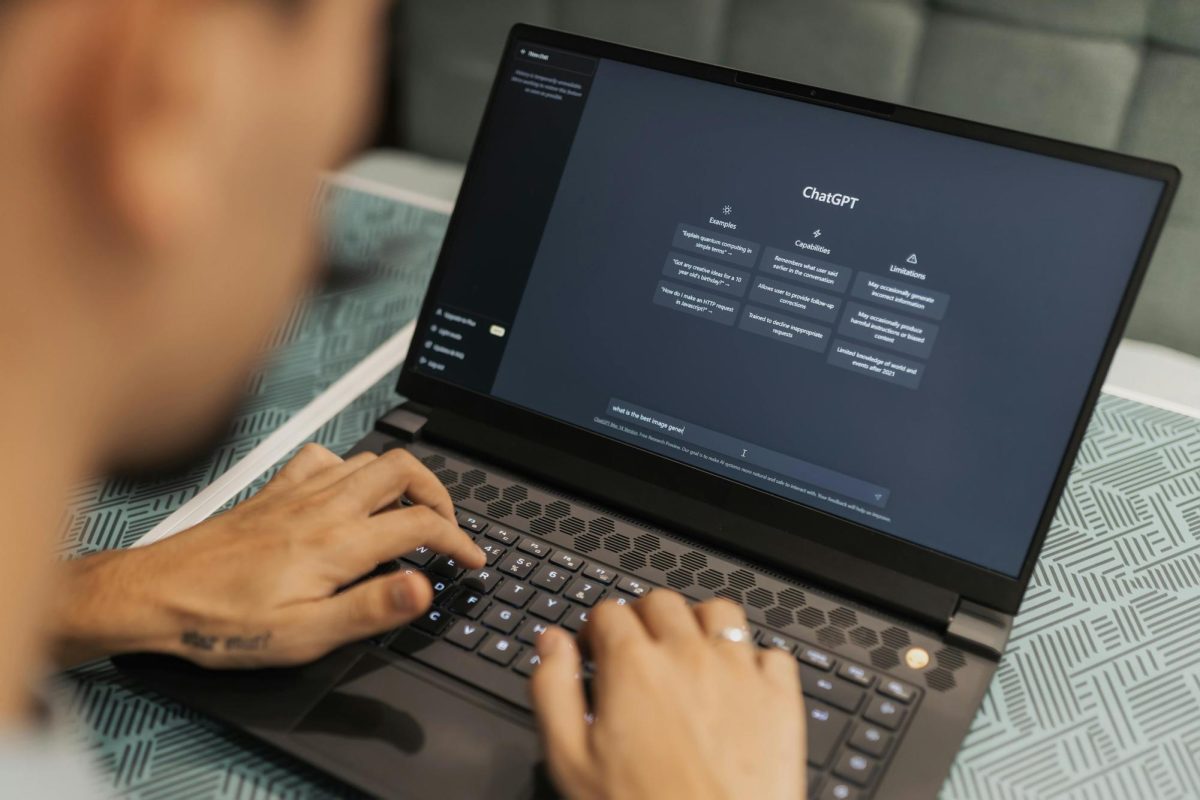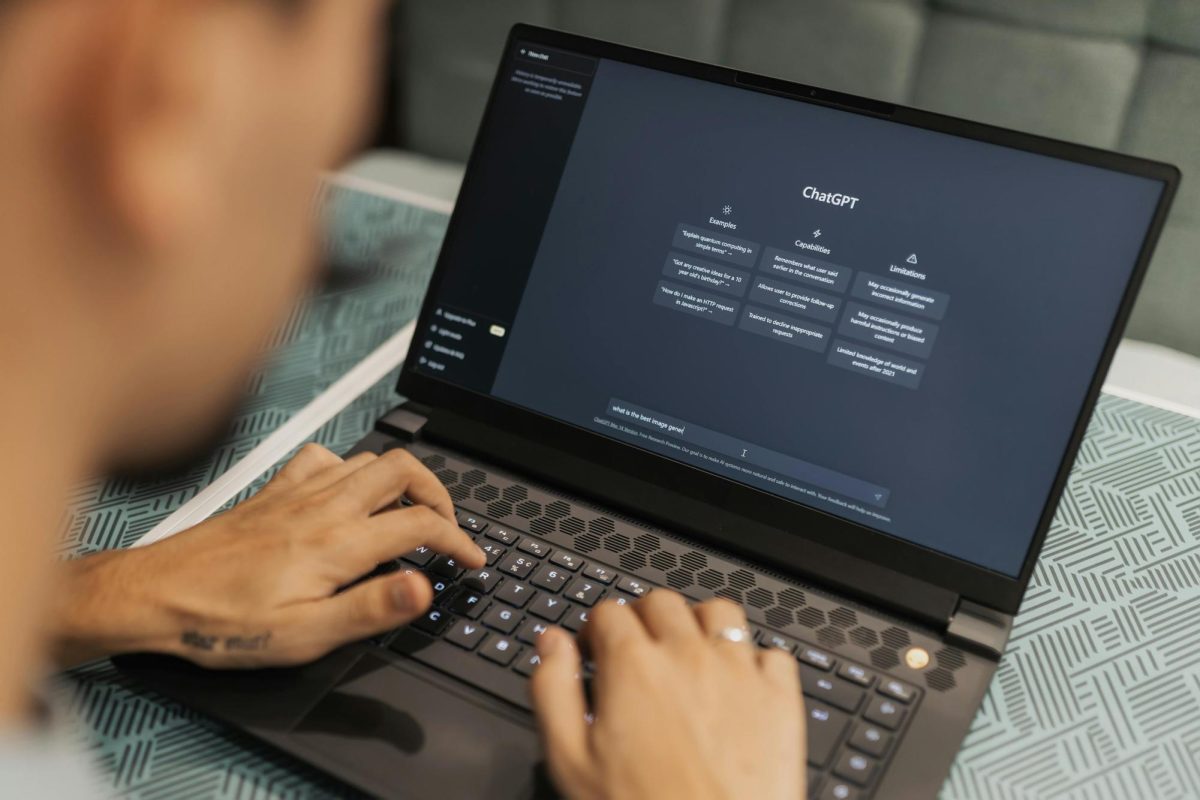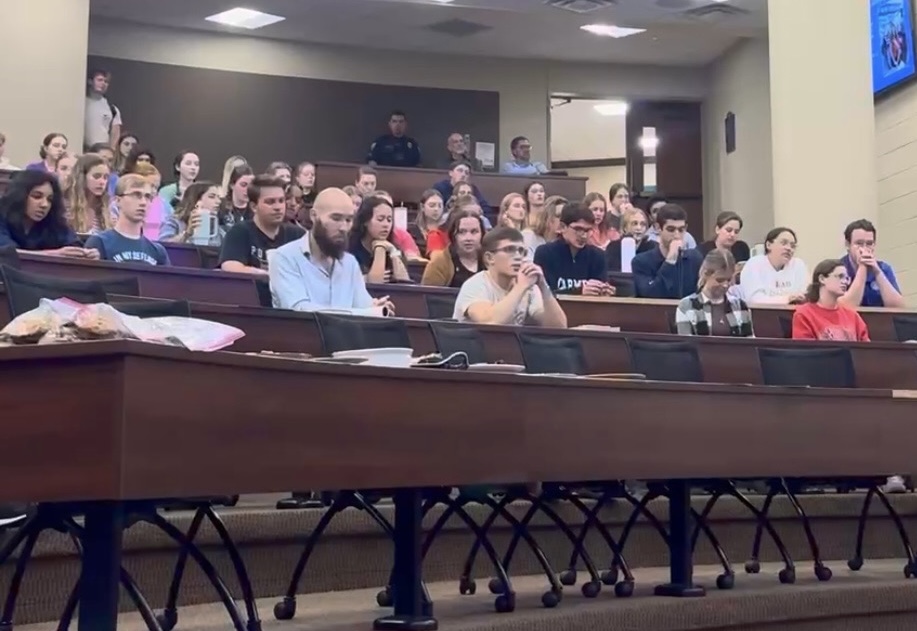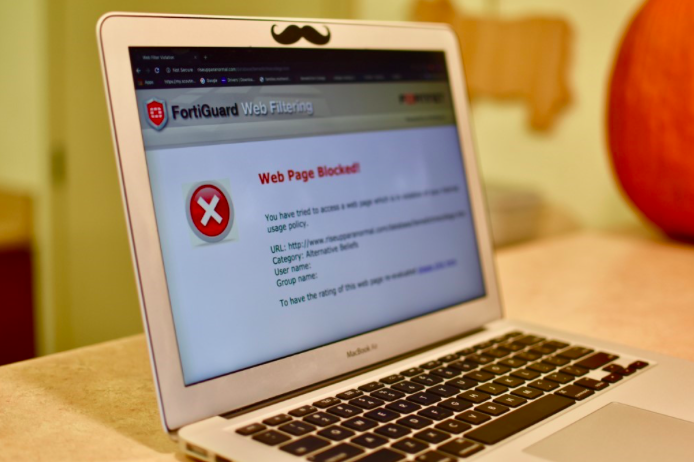After a hacking incident in the Fall of 2019, Benedictine College has purchased two new firewalls and beginning to utilize a web filtering service called FortiGuard.
Randy Rowland, director of information technology (IT), explained that the motivation to purchase the new firewall was primarily because of the ransomware attack last Nov.
In fact, by using FortiGuard it helps to provide a default list of websites to block. Benedictine then applies a filter from student life guidelines.
Dr. Nicolaas tenBroek, associate professor for mathematics & computer science, explained that a firewall is more complicated than implied.
“They are fairly complex. It is a computer that is watching network traffic and looking for patterns of behavior. And then blocking anything that fits a bad pattern,” tenBroek said.
Nevertheless, tenBroek said that by using FortiGuard, it helps to spread the cost and the time commitment among the 2,000 other institutions in use.
tenBroek explained that schools are big targets of hackers because they are relatively easy targets.
“It doesn’t matter what campus you go to,” Dr. tenBroek said. “A school is full of security holes. And unfortunately, schools are full of data that is very valuable, has a lot of monetary value,”
However, it would be unrealistic and time consuming to have the best security system.
“If every time you logged into Blackboard you had to provide your password, a rotating key card value and a biometric signature, you would be pretty annoyed,” Dr. tenBroek said.
Rowland also commented that because of his low budget, he must deal with what he has available to him.
“I want to provide the best service and the best protection, but I also have to be aware I don’t have a bottomless pocket,” Rowland said.
Otherwise, the IT department will allow websites if faculty, staff or student life says they need access.
“IT department doesn’t arbitrarily say yes or no,” Rowland said. “We say if you tell someone to tell us it alright then it’s alright.”







